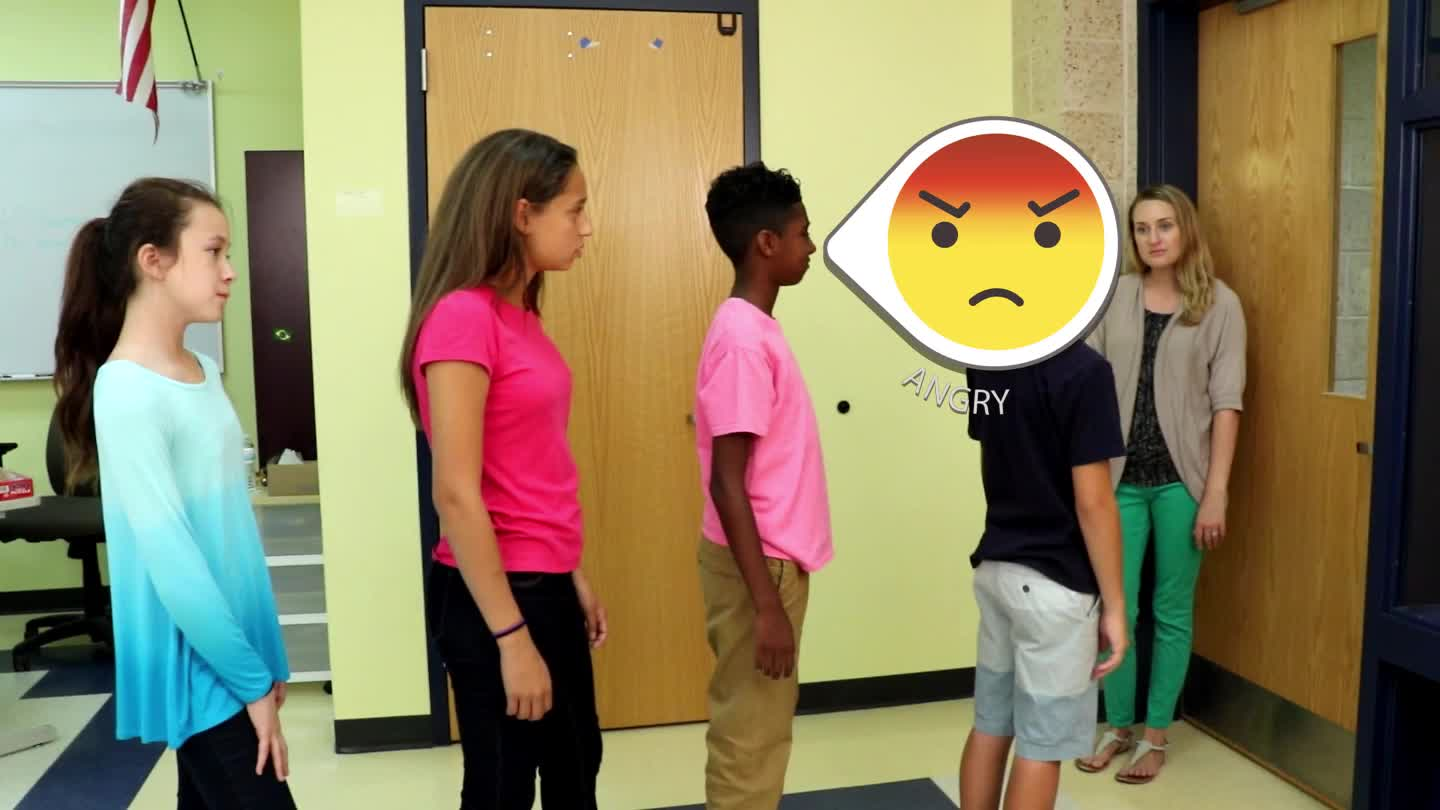
Introduction
As educators, one of the key skills we aim to teach our students is the value of fairness and the importance of letting others be first. This lesson is designed to help PreK students understand that being first isn’t always the most important thing and that thinking about the good of the group is a crucial aspect of social-emotional learning. Through a no-prep activity, discussion questions, and related skills, students will learn to recognize and practice fairness in their daily interactions.
No-Prep Activity
In this no-prep activity, we will use a simple role-play scenario to help students understand the importance of fairness and letting others be first.
- Ask your students to form a line as if they are waiting for something, such as going to art class.
- Choose one student to play the role of Connor, who wants to be first in line. Explain to the student that they should try to push their way to the front of the line.
- Observe the reactions of the other students and discuss how this made them feel.
- Now, ask the student playing Connor to think about the good of the group and let someone else be first in line.
- Discuss with your students how this change in behavior made them feel and the importance of fairness in their everyday interactions.
Discussion Questions
Use these questions to facilitate a discussion about the importance of fairness and letting others be first:
- How did it make you feel when Connor pushed his way to the front of the line? How do you think it made the other students feel?
- Why is it important to let others have a chance to be first sometimes? How does this show fairness?
- Can you think of other situations where it’s important to let others be first or have a turn? How can you practice fairness in those situations?
- How does thinking about the good of the group help us make better decisions in our interactions with others?
- What can you do to remind yourself to be fair and considerate of others’ feelings in your daily life?
Related Skills
Teaching students the importance of fairness and letting others be first is just one aspect of social-emotional learning. Here are some other related skills that can help students develop a well-rounded understanding of social interactions:
- Empathy: Understanding and sharing the feelings of others.
- Active Listening: Giving full attention to what others are saying and responding appropriately.
- Sharing: Willingly giving and receiving items, time, or experiences with others.
- Cooperation: Working together with others to achieve a common goal.
- Respect: Treating others with kindness and understanding.
Next Steps
Now that you have introduced the concept of fairness and letting others be first to your PreK students, we encourage you to explore more social-emotional learning resources. Sign up for free samples of these resources and other helpful materials to continue fostering a positive learning environment for your students.

